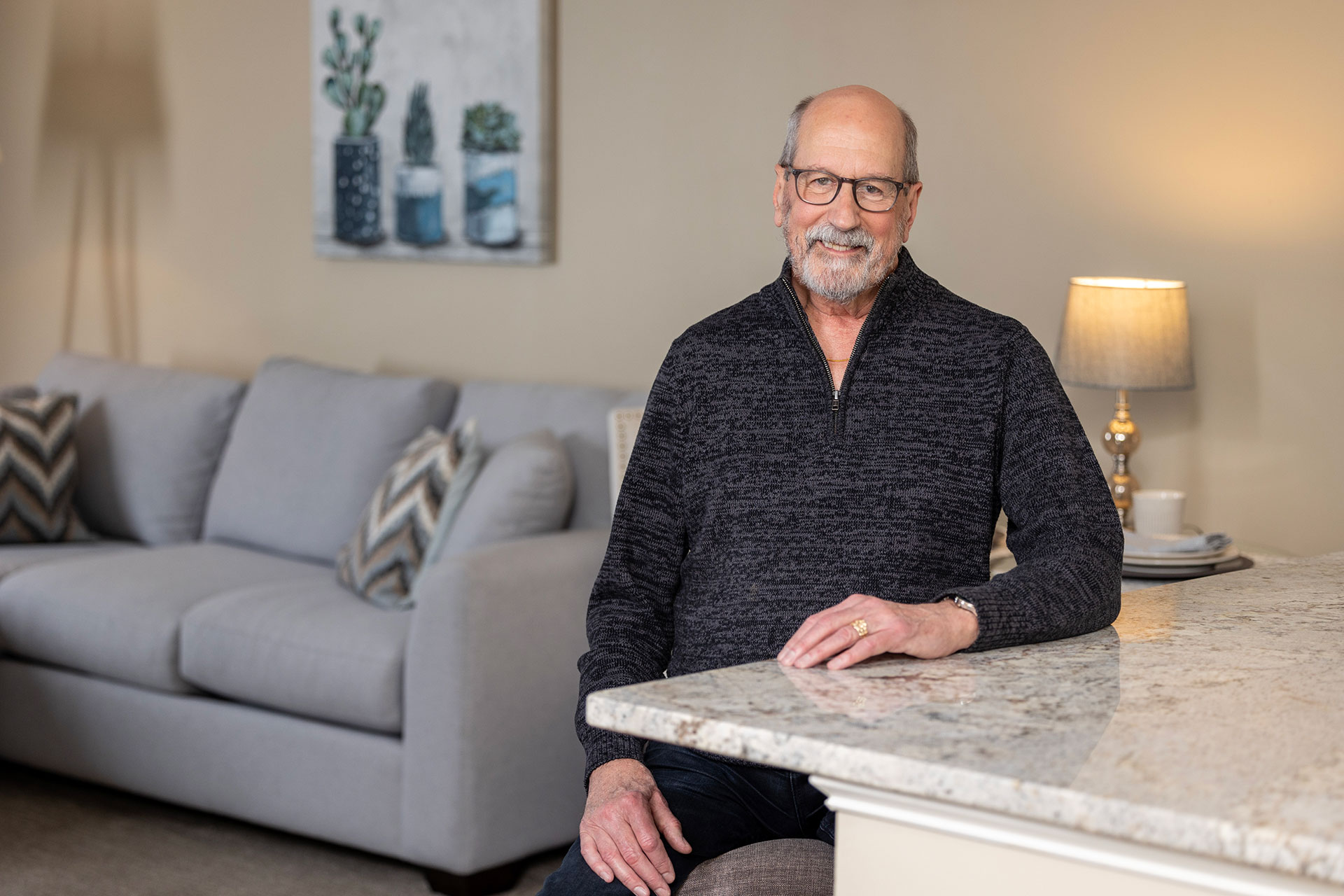Half a Week’s Wage for Two Days of Music: A Look Back on Woodstock

At age 74, Kenneth Love is spending this August with his wife at his home at New Pond Village, a continuing care retirement community located in Walpole, Massachusetts. However, in 1969 Ken was on his way to Bethel, New York, eager to witness his favorite artist, Janis Joplin’s live performance. Little did he know he was going to experience a truly generation-defining event.
Ken jokes, “I was not your typical Woodstock goer.” He was a 20-year-old engineering student at Clarkson University, spending his summer working at General Electric. The counter-culture of the late 1960s didn’t really appeal to him.
Ken’s college roommate was driving when he heard about a festival on the radio; he decided to pull his car over to the side of the road to write down the details, knowing that Ken was a fan of the headliner Janis Joplin. “They didn’t even advertise it in Syracuse, so otherwise I would have never heard about it,” said Ken. “I ended up buying two tickets for two days, as they were seven dollars each and I was living off of around 10 to 15 dollars a week back then.”
The journey to the festival grounds was one that Ken remembers in great detail. The drive was only a few hours and there was barely any traffic until they got to the sparse farming town of Bethel. “After crawling relatively small distances we ended up pulling the car over on the side of the road,” Ken laughed. “We got out and grabbed our sleeping bags and what little food we had and walked the rest of the way to the site. We didn’t have tickets for Friday night, so we found a ditch and we rolled out our sleeping bags and we ended up sleeping there for the night.” Come early Saturday morning, Ken got an unwelcomed surprise, “We woke up with water running through our sleeping bags, because it was raining, and because it was raining they canceled the Saturday morning shows.”
When they finally reached the festival grounds, they were engulfed by the now-iconic crowds. “I had never seen so many people in my life,” Ken recalled. So many things were happening simultaneously at the festival, but it still somehow went off without a hitch. “People were unbelievably friendly, they shared their food with us, they shared their drinks with us and the music was great.”
It could have been a scene of total chaos, yet what Ken remembers the most was how safe he felt the entire time. “Beyond the crowd, I think what astonished me more is that it wasn’t at all frightening,” Ken said. “I have been in much smaller crowds in football stadiums and other things like that and not felt comfortable and there just wasn’t that feeling there, there really wasn’t.”
More than 50 years have passed since the weekend that defined a generation. Ken never described himself as a hippie, but he says, after Woodstock, he became much more conscientious of the anti-war movement. Concert organizers have tried to recreate Woodstock multiple times, but Ken doubts there will ever be another event quite like that one in the summer of ’69. “It was just the right time, the right place and really kind of magical.”